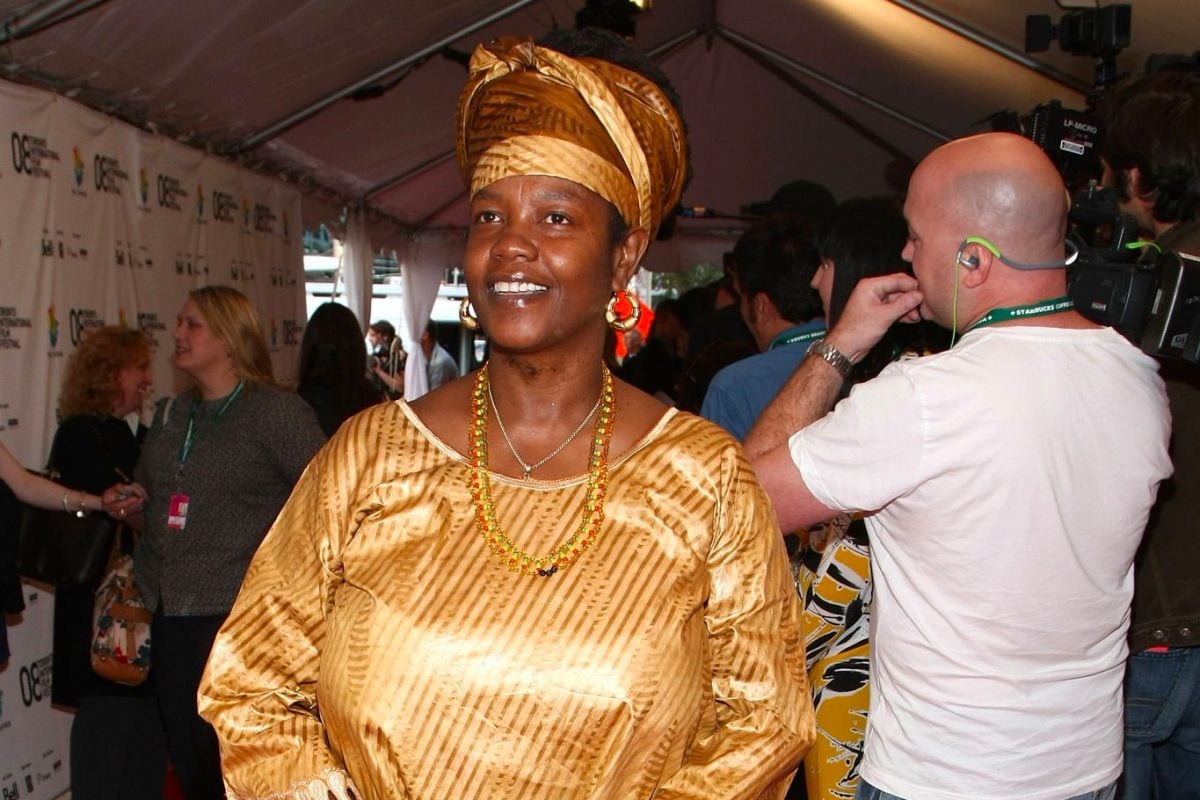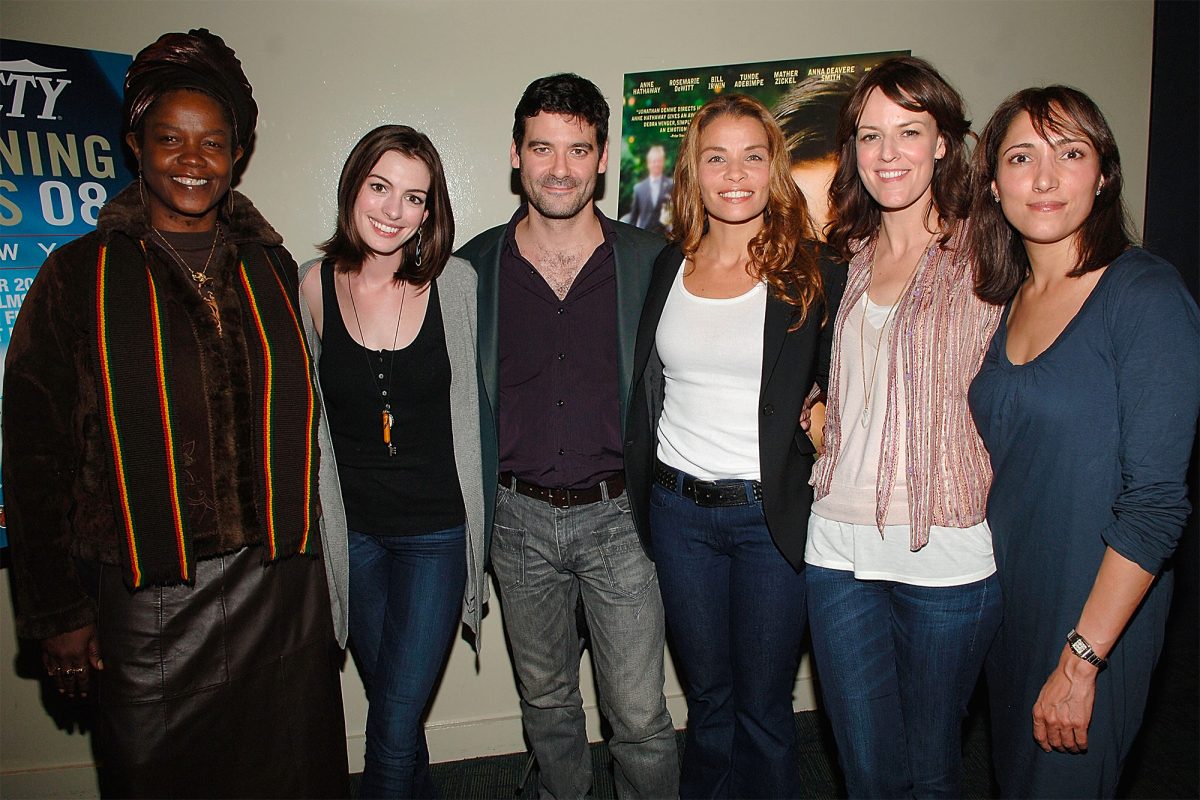Sister Carol Says Focusing On ‘Slack’ Songs Limits Dancehall Deejays’ Longevity

Veteran Dancehall deejay Sister Carol says that her career would not have had the longevity it has had if she had opted to go down the “slackness” route, instead of staying on the cultural path.
“No. I would not have the same career that’s happening right now. Becaw yuh si, when di ting positive enuh, it multiply and grow by itself. I have gone to places as far as New Caledonia, that’s a little country between Australia and New Zealand and when I hear di people sing my song, I am like ‘what’? And you find seh some people might not even know Sister Carol music in Jamaica,” the Black Cinderella artist told DancehallMag.
“When yuh sing slackness, a jus you an yuh fren know bout it. Honestly, you tell me one deejay who has chosen dat route, who is making like a wide impact round the world same way. No. Is a different ting. One is like soul consciousness and the other is like body consciousness. Big difference.”
“So, I am thankful and I am grateful for the route that I chose. And I am thankful for the ancestors who came before me and paved the way and I am standing on their shoulders, doing the same ting,” the 64-year-old added.
Nuff Respect artist Lady G has, in the past, said that female Dancehall artists who focus their music on slackness, will live to regret it in the future.
In a 1994 Reggae Report interview, Lady G had replied, when asked about “a slack DJ like Lady Saw,” that she could change just like her St. Mary compatriot Capleton had done.
“Well, I mean, the same way Capleton change, I think [she] can do the same thing. I know she can do it. I saw her at SumFest. The first two lyrics she started with were Culture, and the crowd went wild…,” Lady G had said at the time.
The No Slackness artist had also pointed out Angie Angel, who had departed from singing explicit songs and had been enjoying success as a conscious artist, re-emphasizing that: “Anyone can do it”.
Almost three decades later, the one-time Queen of slackness, Marion Hall, expressed regret at the type of songs she did in the past in her secular days as Lady Saw, describing them as the works of Lucifer.
“The devil has used me in the pass to adopted to tacky, and trashy, and that is why I walked away from that tasteless position I once hold. He and his offsprings will never pull me back to that place of shame. God was merciful to wash me in his cleansing blood, and upgrade me to the upper room,” she said last year during an online showdown with her former friend Spice.
Sister Carol also emphasized that her refusal to engage in raunchy behavior did not only span Dancehall, but extended to her movie career.
The Dread Natty Congo artist, who has made appearances in films such as Something Wild (1987), Married to the Mob (1988), Rachel’s Getting Married (2009), and Ricki and the Flash (2015), told DancehallMag that she had rejected scripts which dictated that she engaged in behaviors which she thought were undignified and demeaning to her culture.

“Mi can’t come wid anything negative now. I have been offered parts in different movies around the world and it would have been a negative vibe for me and my people, for the sake of money. I had to reject dat. And I stand mi ground and it came right around that the dem haffi choose mi to do what I wanted to do which is positive,” she declared.
“But it’s the authenticity of Reggae music really. It’s the roots and culture that has brought the notoriety round the world. And wi don’t haffi start talk bout Bob Marley and the Wailers and Peter Tosh and those brothers,” she added.
Queen of Reggae, Marcia Griffiths, in a Television Jamaica interview last year, had pointed out that positive songs are the ones that have not only longevity, but are everlasting.
Griffiths had also reflected on her days at Donovan Germaine’s Penthouse Studios in the 1990s, where she mentored a teenaged Buju Banton, and steered him away from unwholesome music towards more palatable songs.
“And just like I did with a young Buju Banton when he came to Penthouse – he has never forgotten the words that I said to him when he was a teenager about his message. And he did make a positive turn. Once you do a good song, classic song, it will live forever,” the Electric Boogie singer had said.
